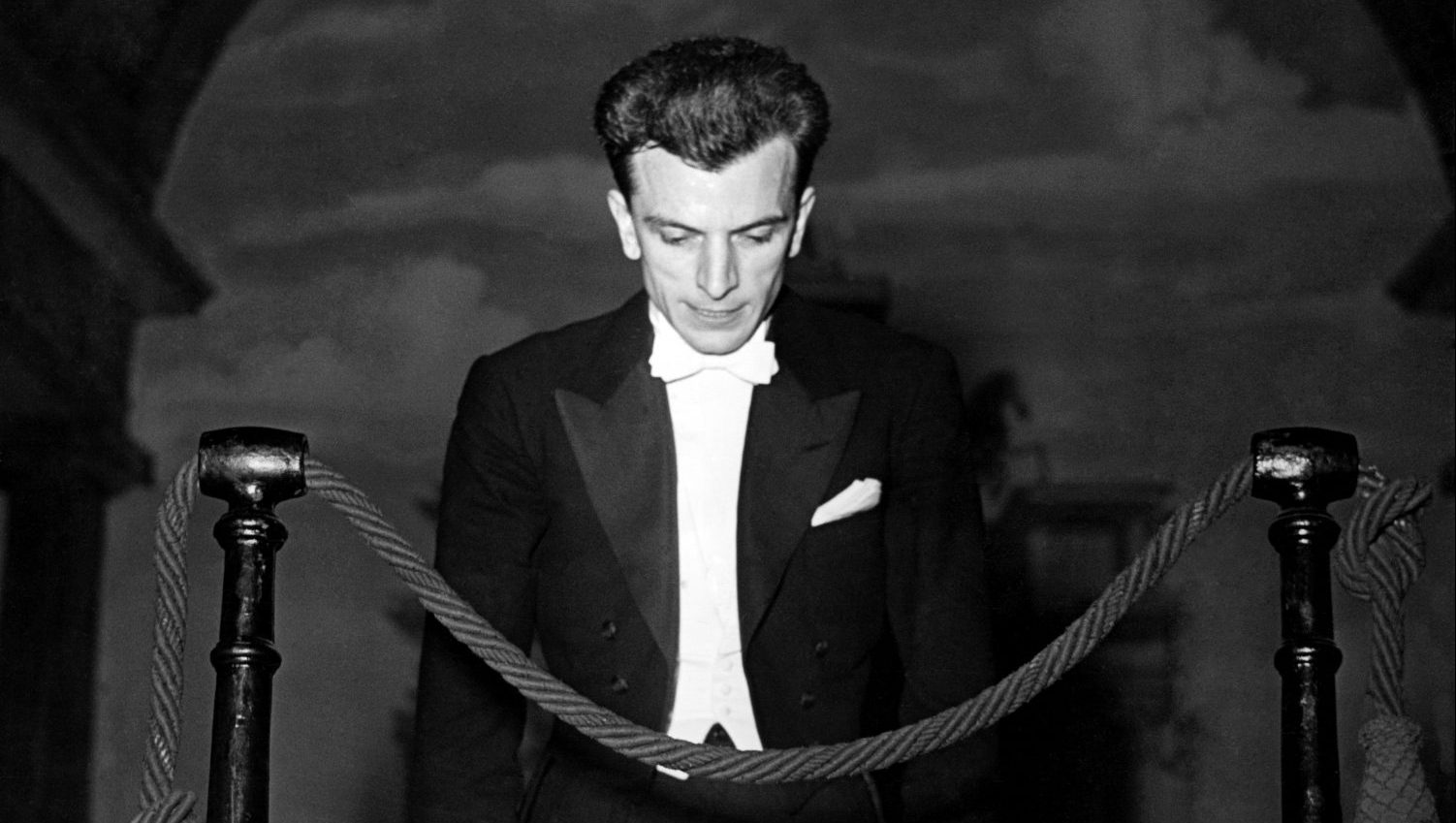An old mentee of mine turned up in London after many years and we met for supper in Soho. He was entirely as I remembered him – a lovely man: wryly funny, intellectually questioning, troubled in an emotionally intelligent way – save for one salient characteristic. I don’t suppose I would’ve said anything if it weren’t that I’d once been his pedagogue, which perhaps gives me an authority that transcends contemporary conventions (although not the enduring one that says it’s rude to make personal remarks), but as we were leaving the restaurant I couldn’t forebear from observing that he must, now, pass as a member of the white majority – both in Germany where he lives now, and England, where he grew up – whereas when I knew him as a young man, his dual Pakistani-German heritage was far more obvious.
He laughed lustily – and concurred: “Sometimes I think it’s because I spend too much time with white Germans in my work – and their whiteness has sort of rubbed off on me. In a way I feel bad about it – as if I’m engaged in some sort of imposture because the P-word definitely was used against me when I was a kid growing up in North London.”
I was relieved he took it so well – in a world where race and ethnicity have to be figured as prideful rather than shameful attributes, these interstitial and ambiguous states become concomitantly troubling. Those who don’t superficially conform to the workaday binaries of this-orthat can find their entirely natural appearance bizarrely equated with some sort of fakery. Black and brown people who aren’t black or brown enough, can – in common with those deemed too black or brown, be subjected to the cheese-paring racism called colourism. And then there’s the racially-blurring practice of “blackfishing”: white people manifesting as black in order to shore up their liberal credentials. Those stratospherically vulgar plutocrats, the Kardashians, are the queens of blackfishing.
The current and curious inversions of racial prejudice that have resulted in people pretending to be black or brown, mirror those of snobbery that accompanied the cultural revolutions of my youth: back then some middleclass kids were affecting cockney accents – now, some white people try to pass as black or brown. Not that it hasn’t always gone on to some extent – albeit for all sorts of reasons. The recent death of Sacheen Littlefeather, the woman who declined Marlon Brando’s 1973 Oscar
for The Godfather on his behalf, and in protest against Hollywood’s depiction of Native Americans, brought forth the revelation that she herself was not – as she claimed – a Native American, but was rather of Hispanic ancestry.
Her real name was Marie Louise Cruz, and according to her biological sisters, she assumed her bogus ethnicity because it was “more prestigious” to be Native American than Hispanic. Then there’s the case of Nkechi Amare
Diallo (born Rachel Anne Dolezal), a white woman who not only passed herself off as being of African-American and Native American ethnicity, but who taught black studies at college level, and even ended up being the chair of the Spokane branch of the NAACP (National Association for the Advancement of Coloured People). Dolezal’s exposure in 2015 led to a brief but frenzied debate in which some supported the idea (advanced by Dolezal herself) that just as trans people experience gender dysphoria, so there are
others who are born into the wrong race.
Needless to say, few bought the concept and Dolezal’s trajectory was resolutely downwards: despite making money from a book about her imposture, she ended up being prosecuted for welfare fraud and facing homelessness. Perhaps this was the real culmination of her quest to be black – for if there’s one thing that typifies African Americans far more than skin colour, it’s their poverty relative to the white majority in the US.
Poverty that John Howard Griffin, a white journalist, experienced in the late 1950s when he changed the colour of his skin (using UV radiation and massive doses of an anti-vitiligo drug), shaved off his straight brown hair, and then travelled through the deep south of America pretending to be African American. Griffin’s account of the extraordinary undertaking was published in 1961 as Black Like Me (the title taken from a Langston Hughes poem), and became a cause celebre. Cynics might reasonably point out that the fact that it took a white man’s testimony to convince the white majority that blacks experienced prejudice in every aspect of their lives, just went to prove the utter pervasiveness of racism.
My feeling – as with my old friend’s, and indeed my own dual heritage – is that it’s the instability of these states: being not one thing or the other, that makes them valuable heuristics, exposing again and again that “race” is a social construct, even if it’s built on a genetic foundation.



